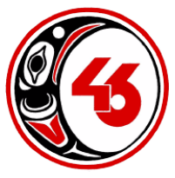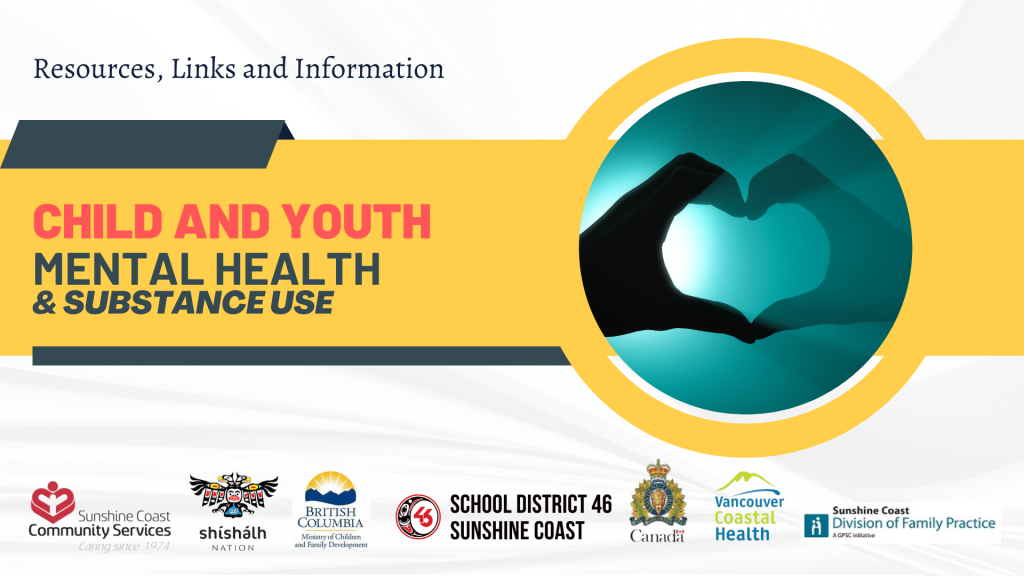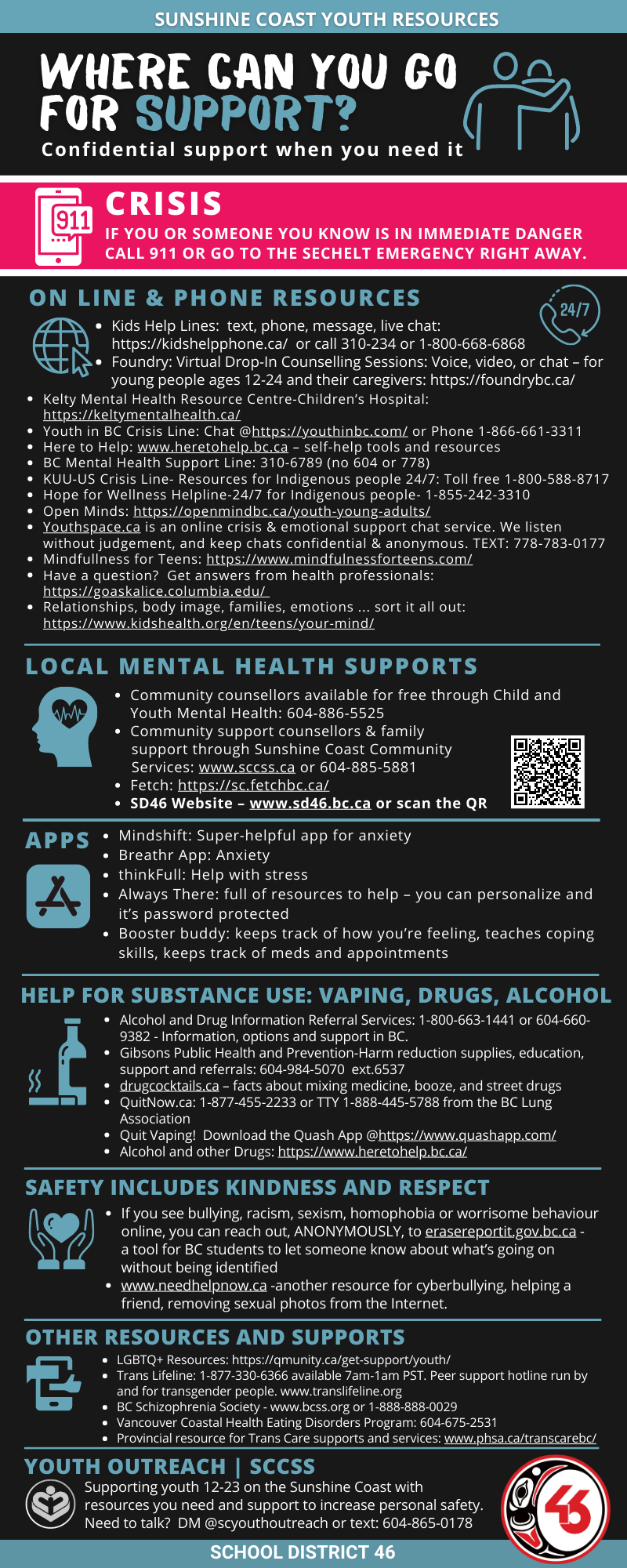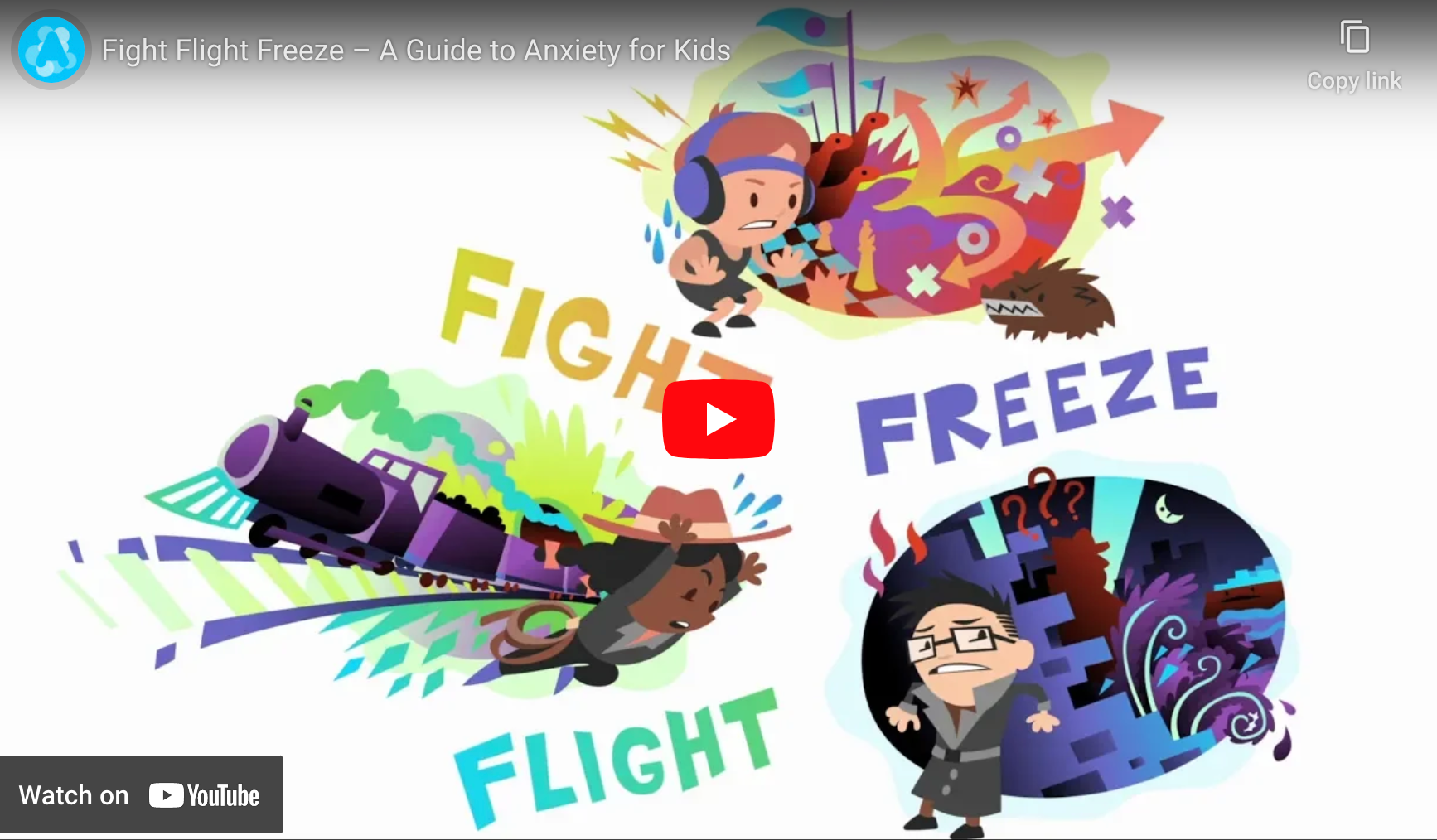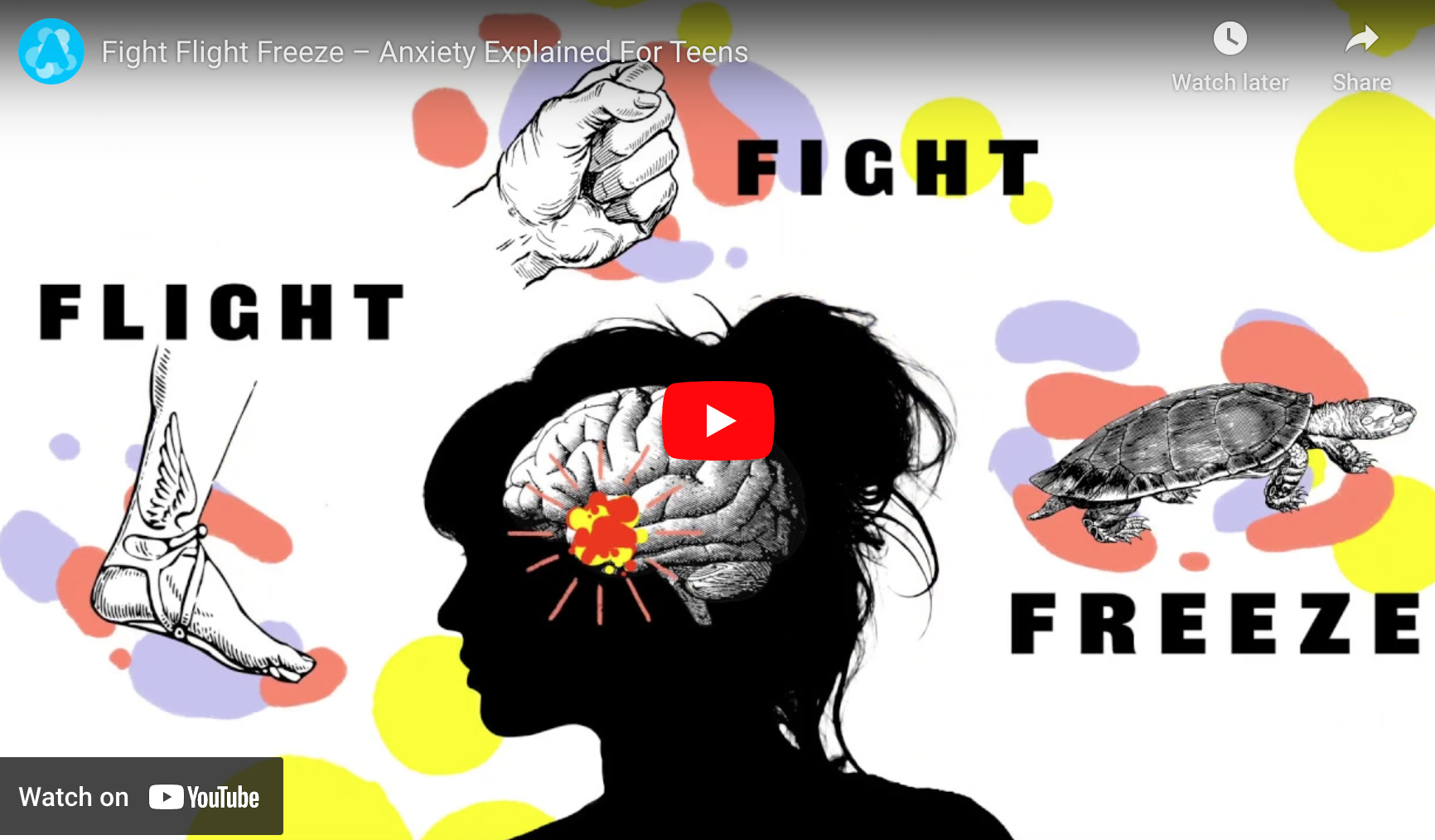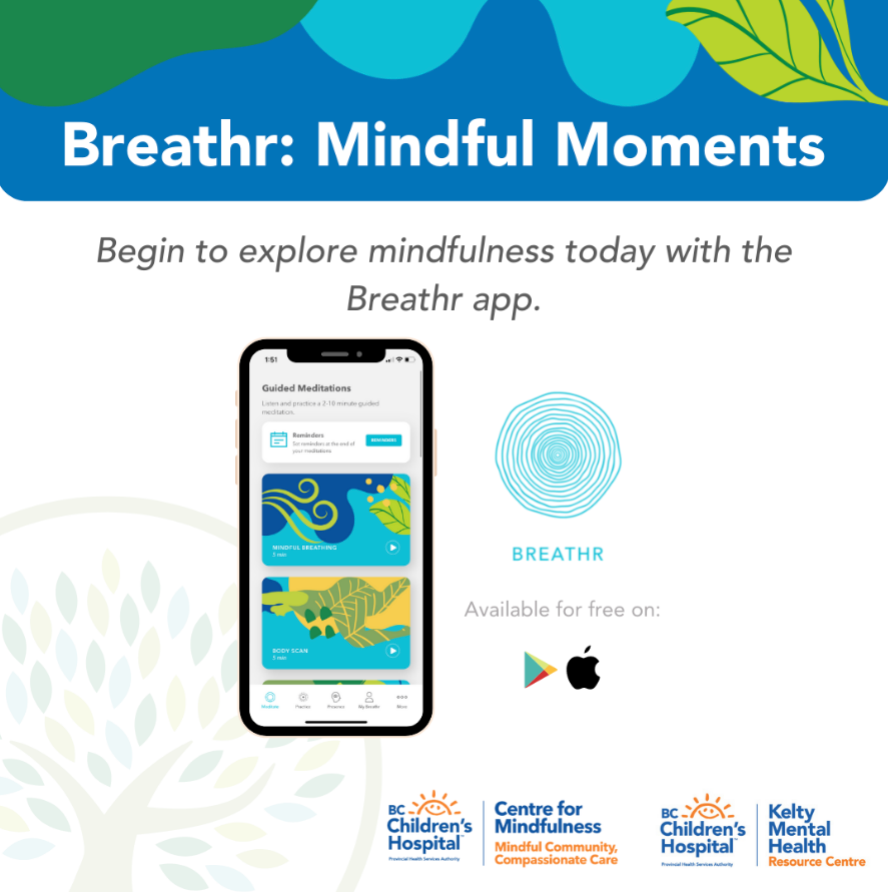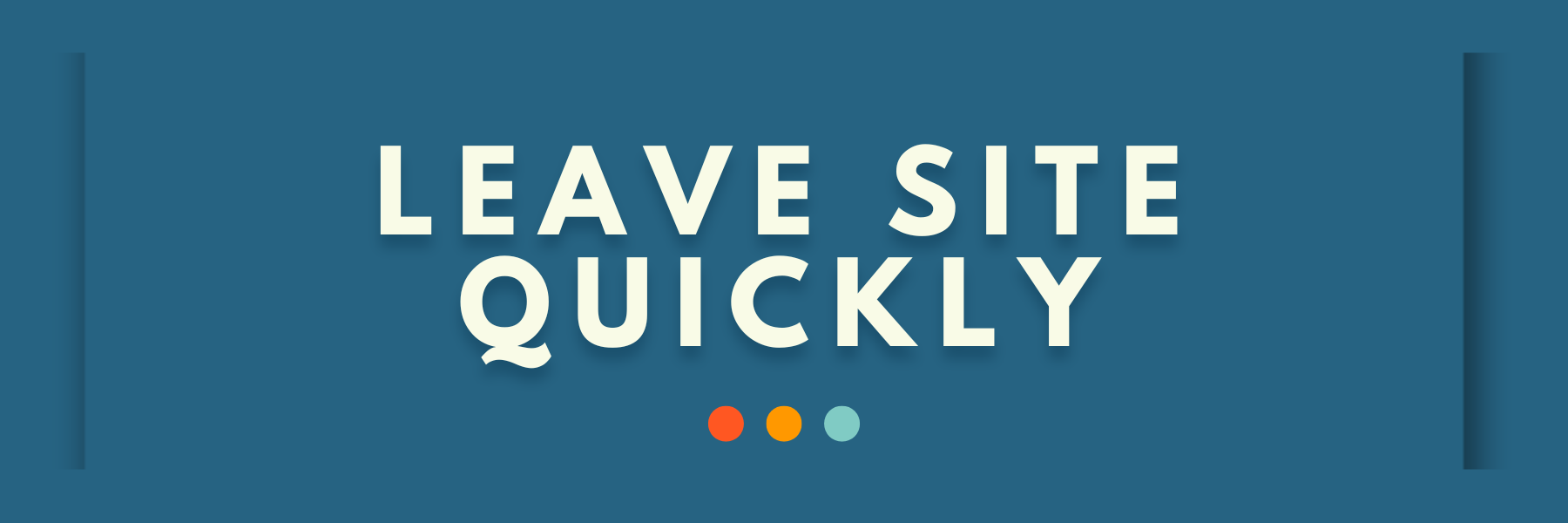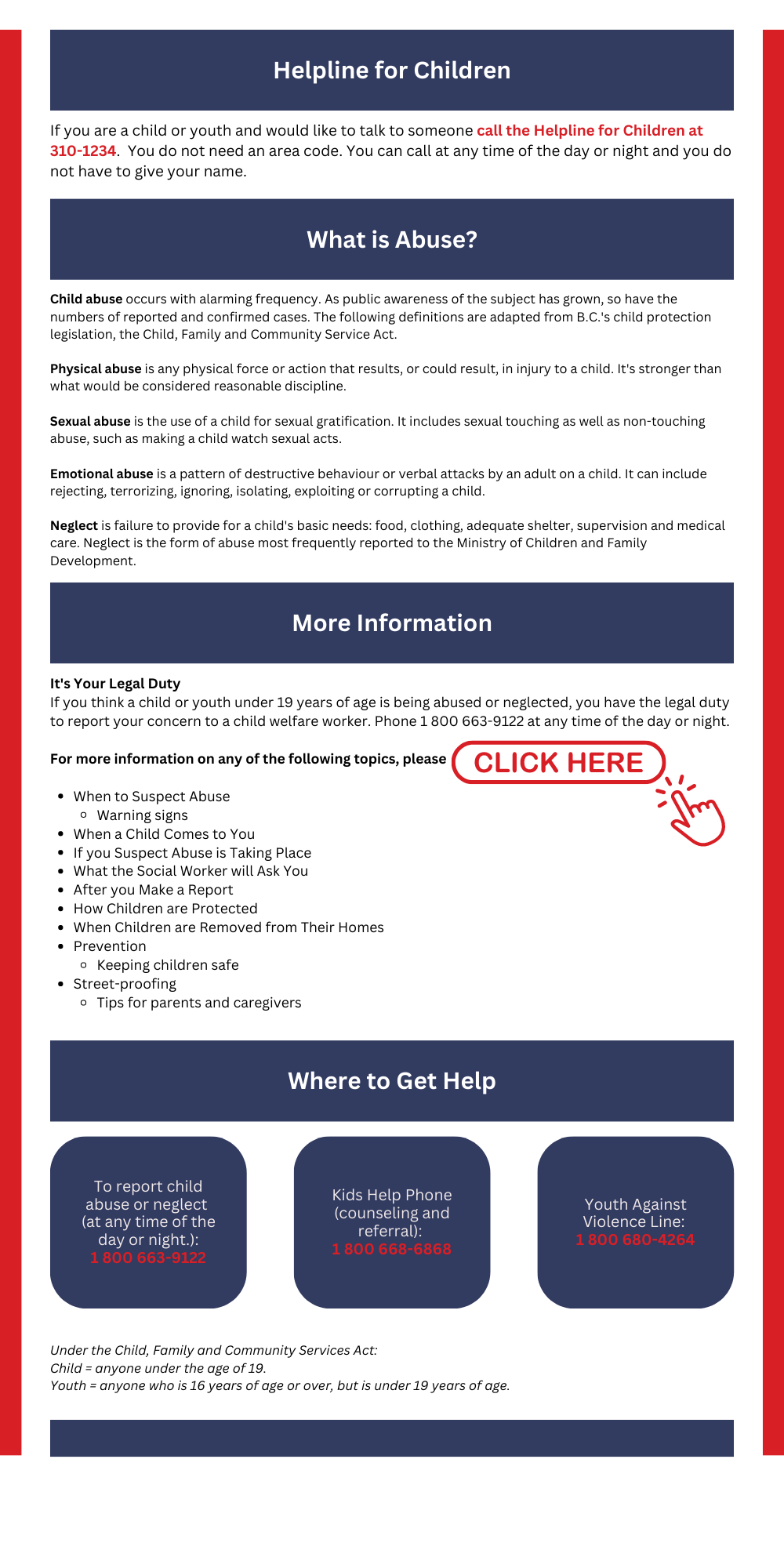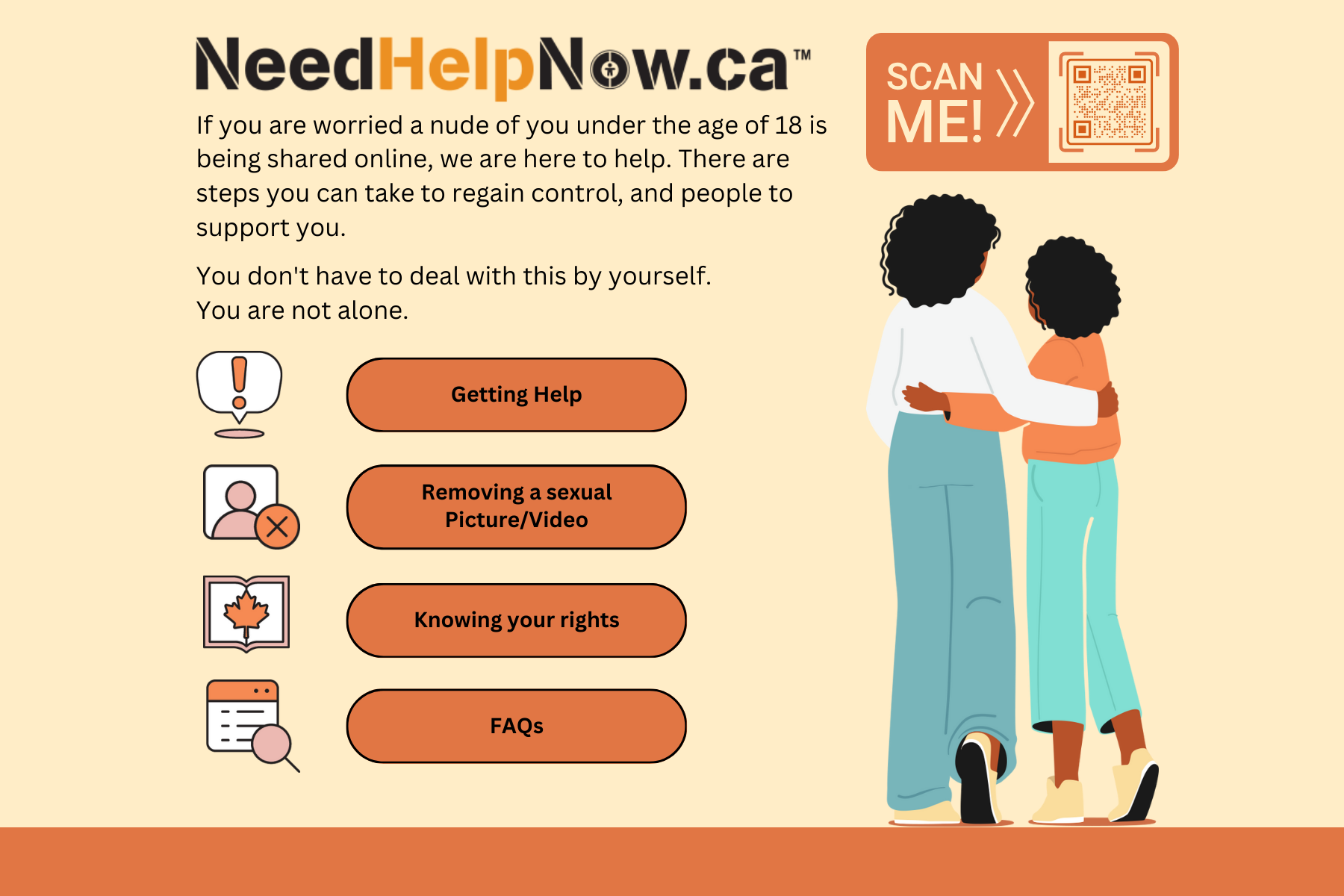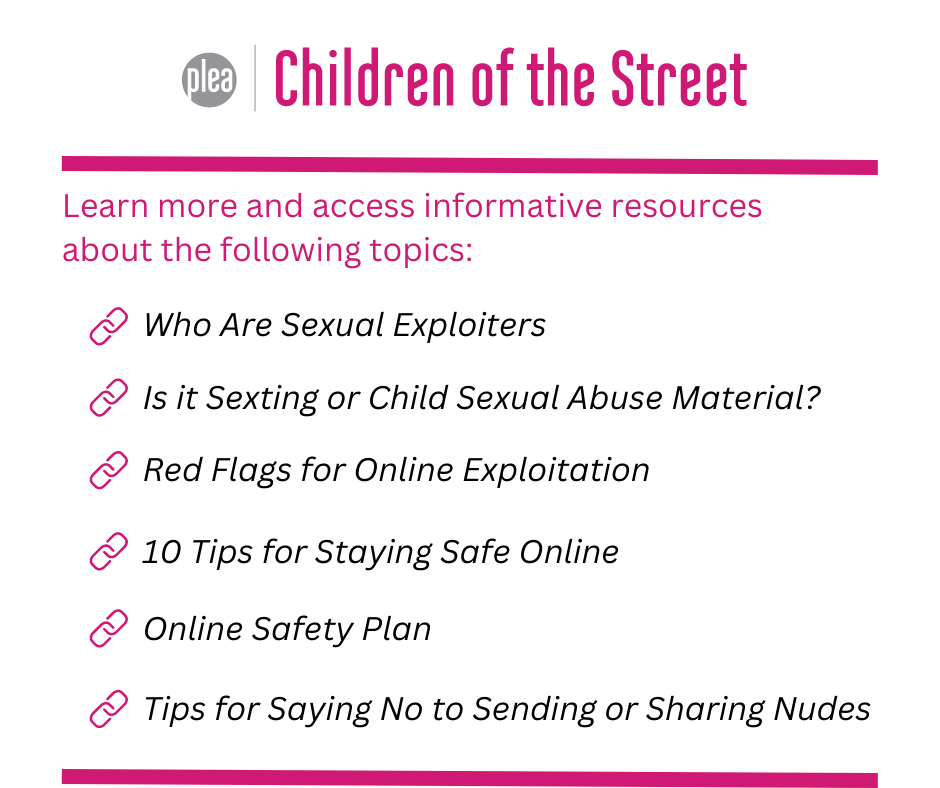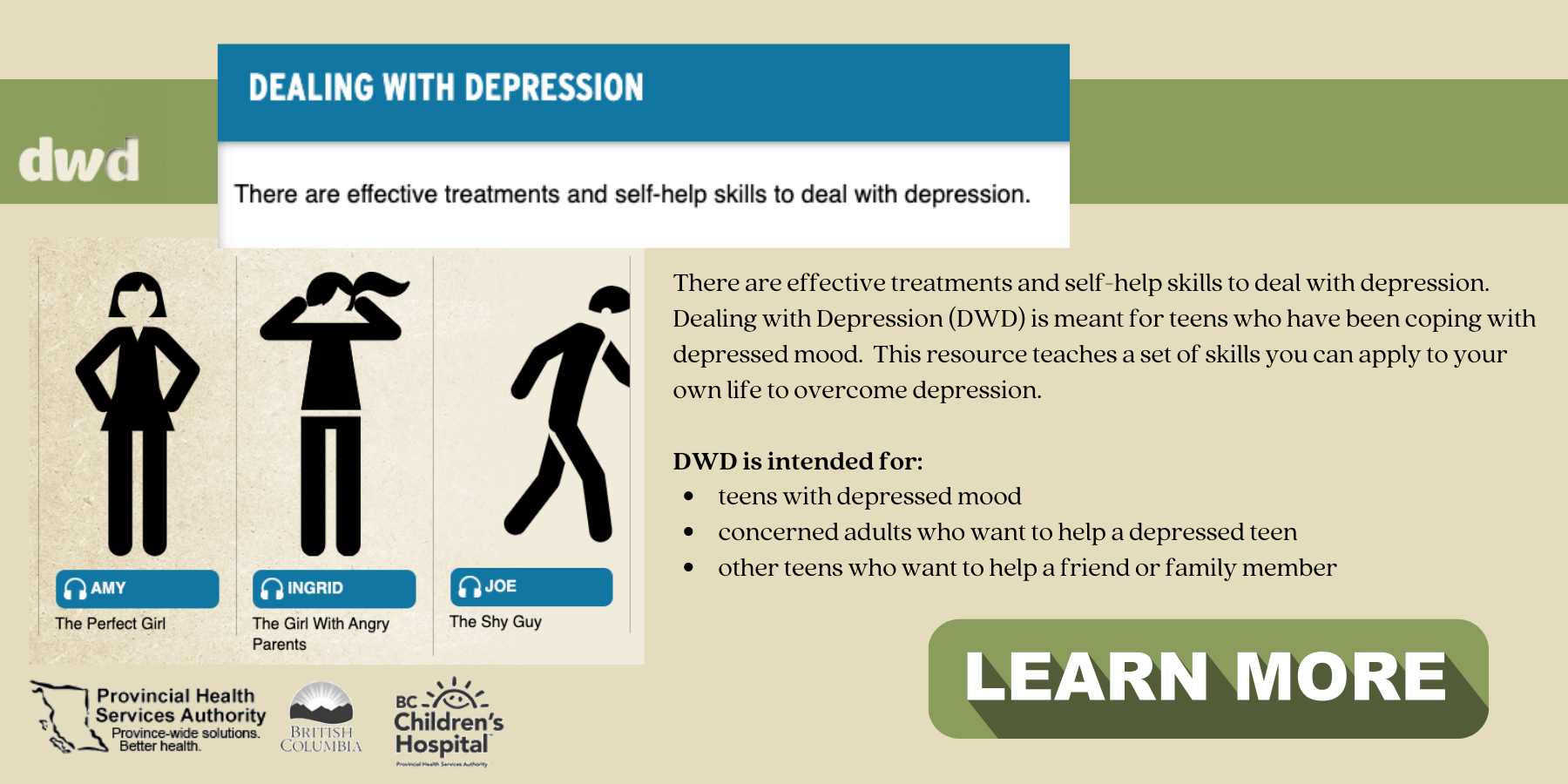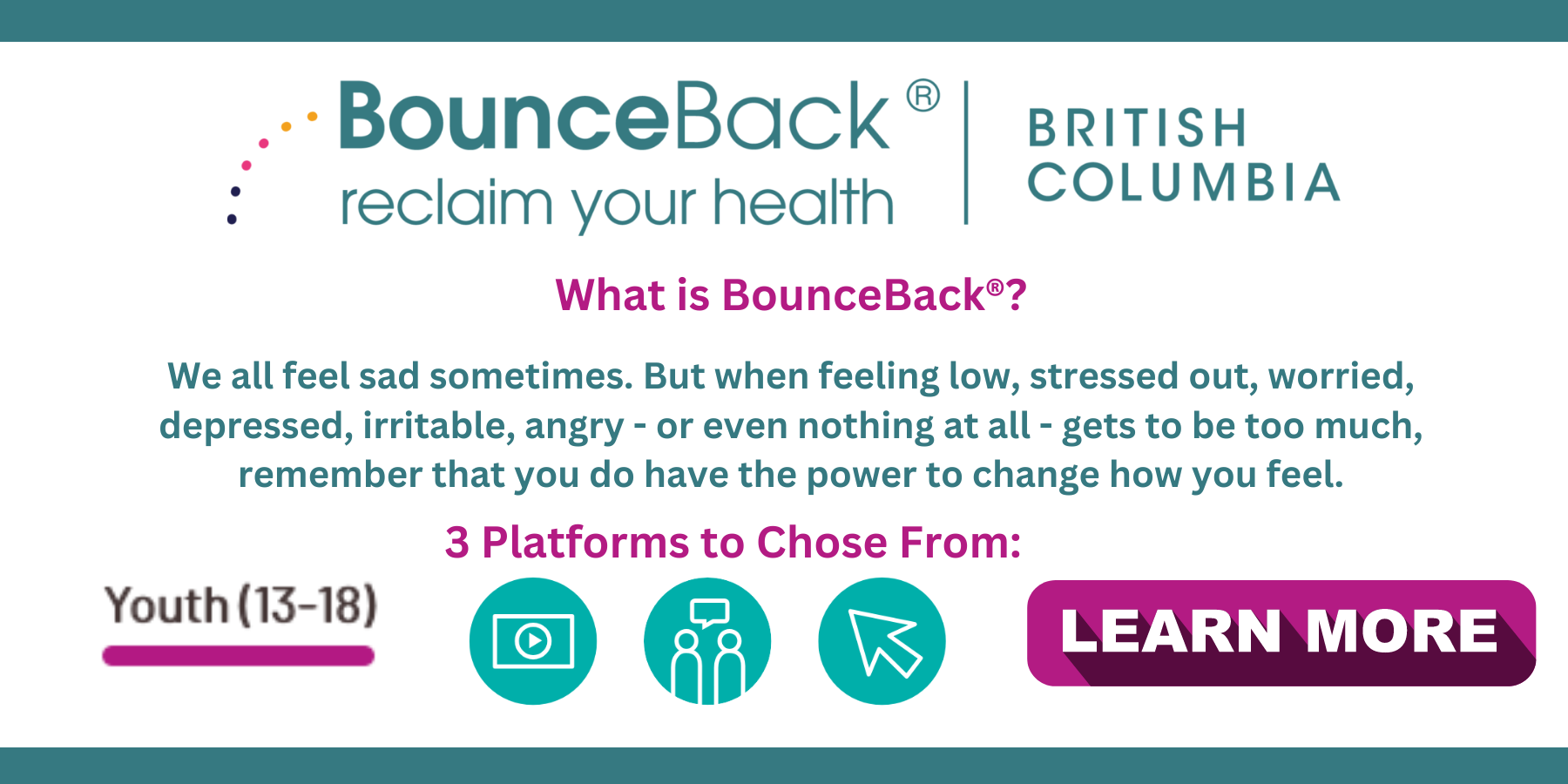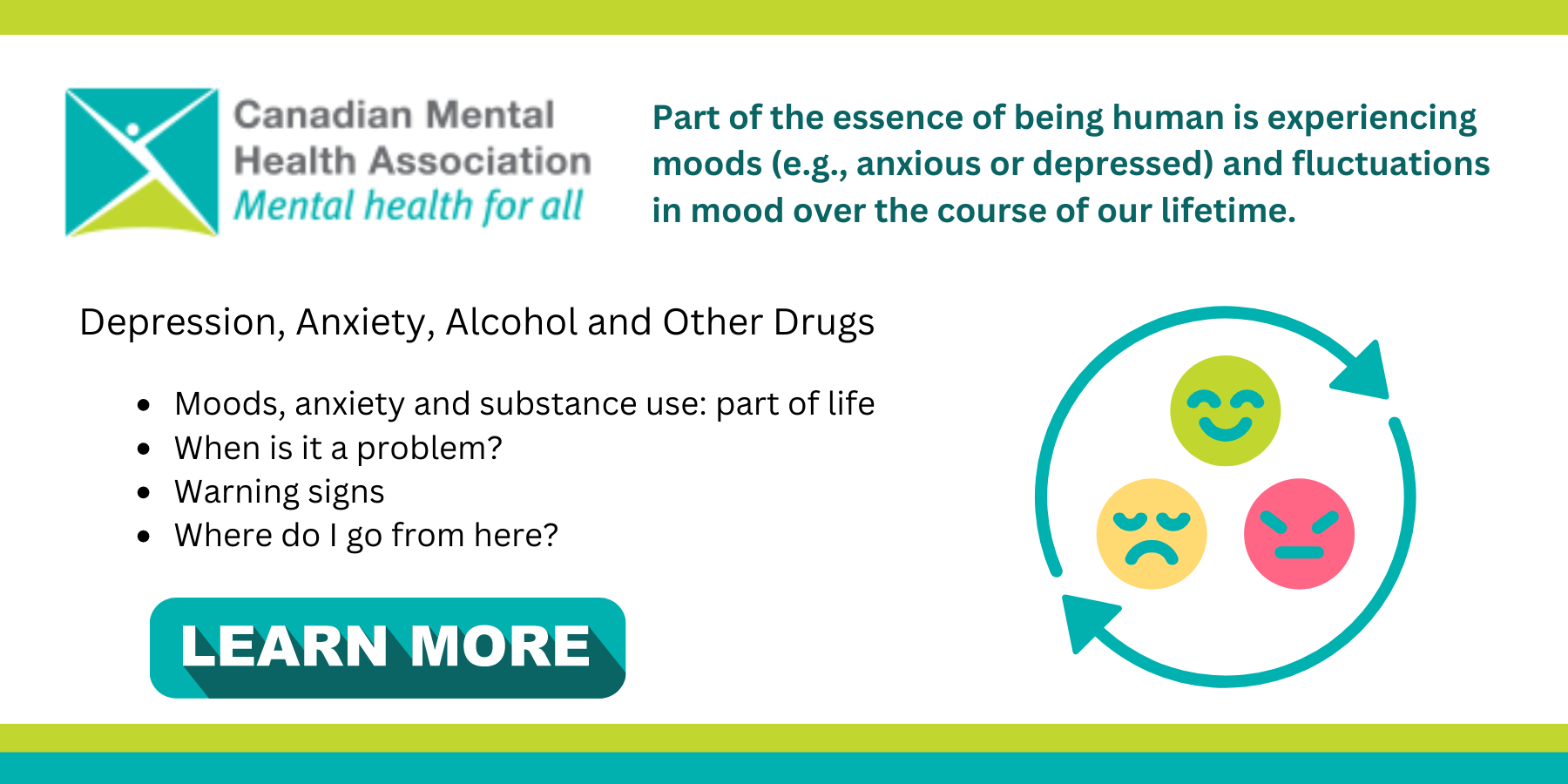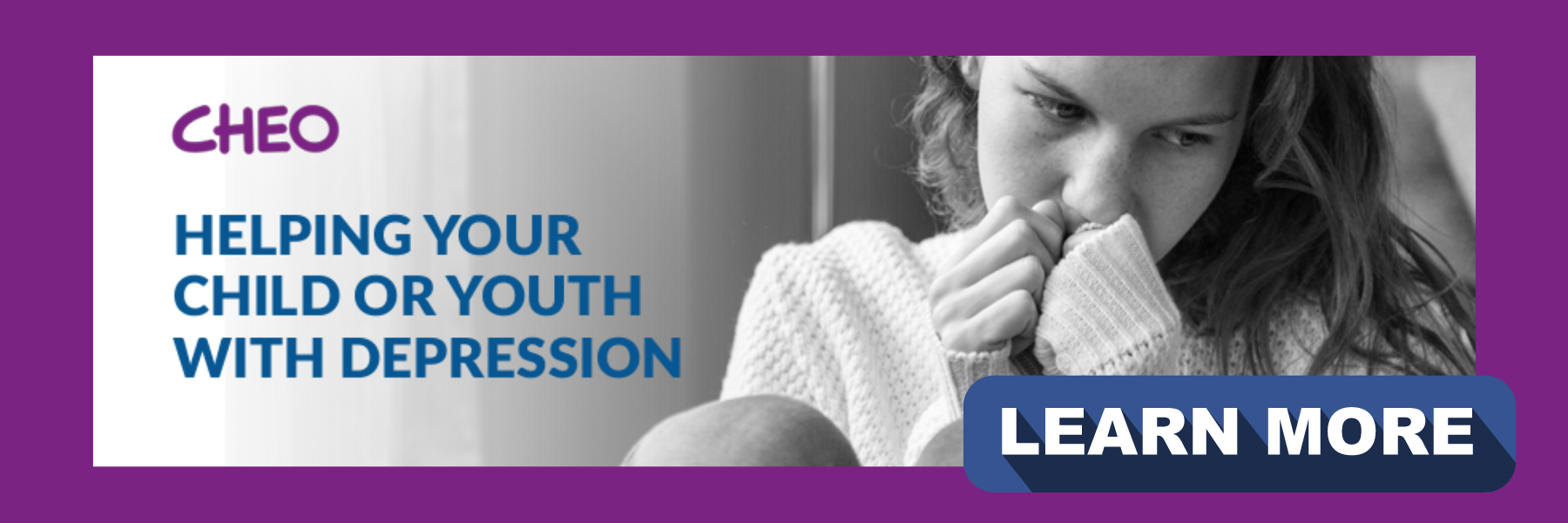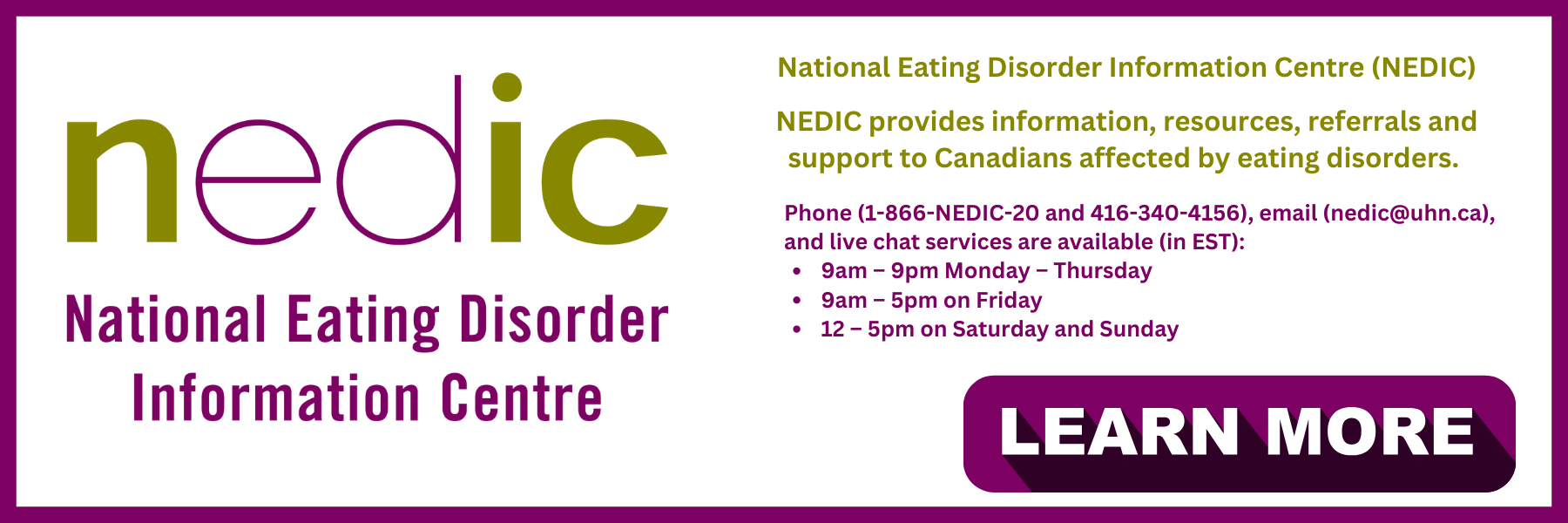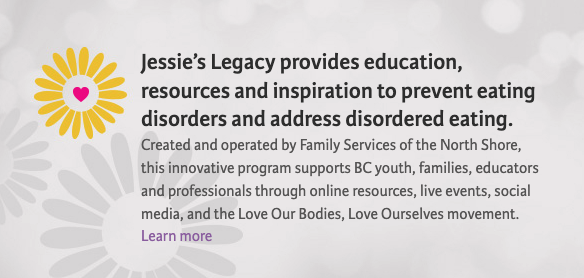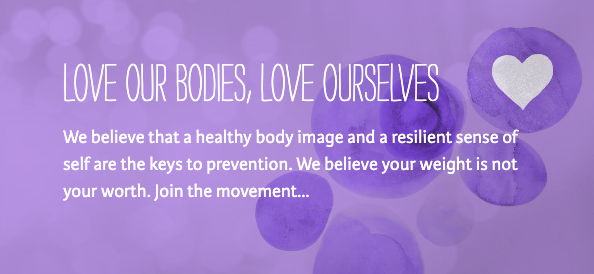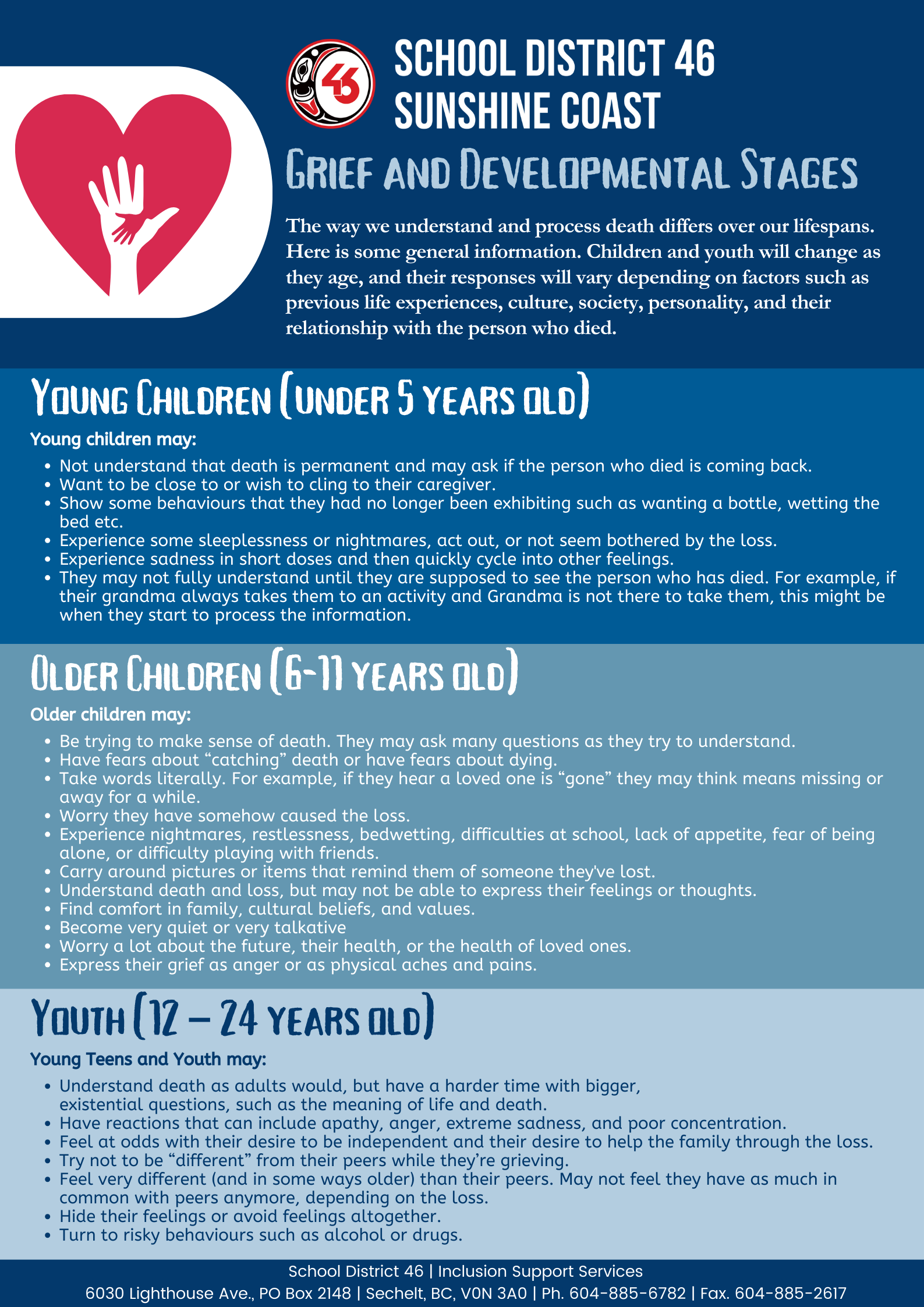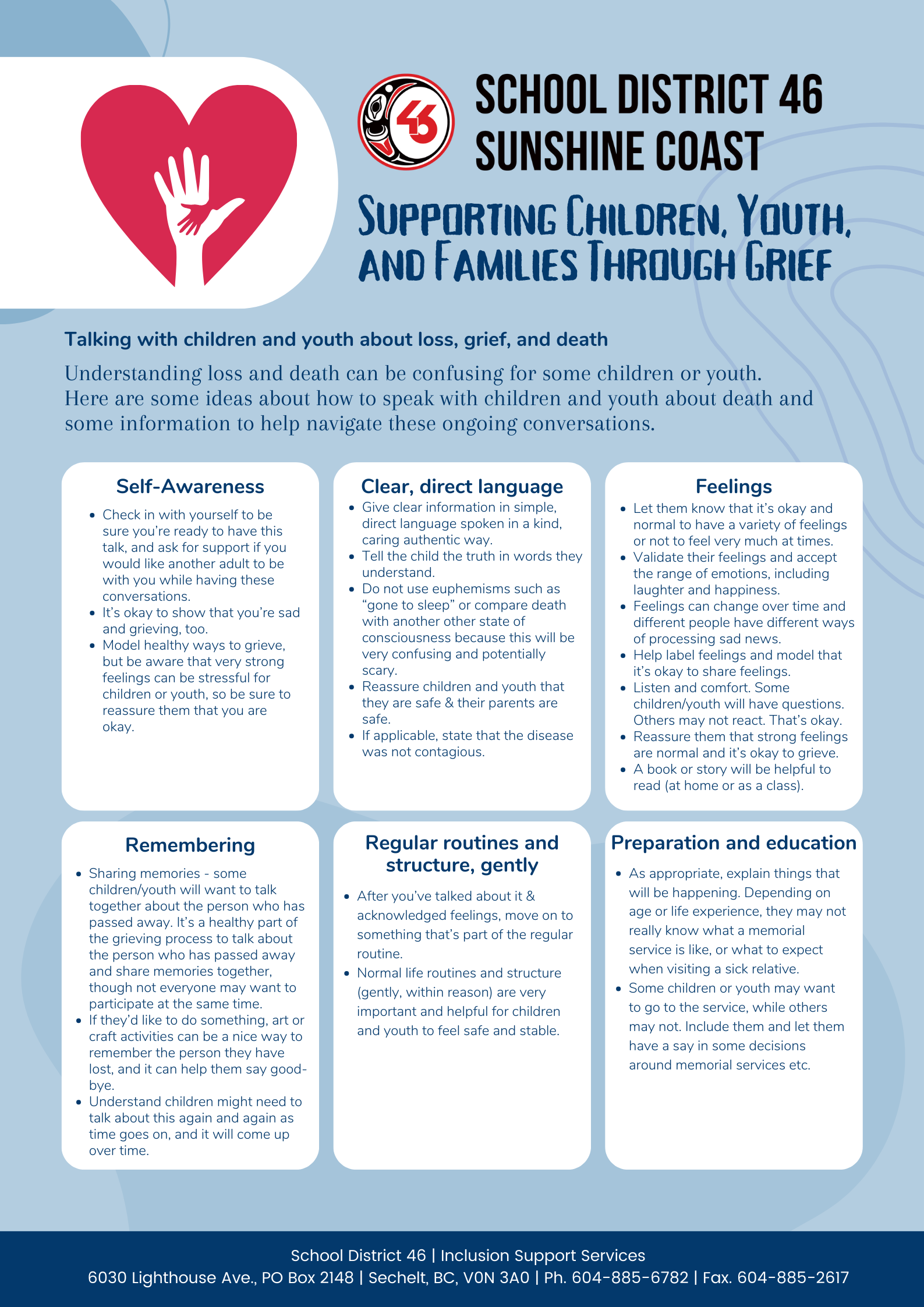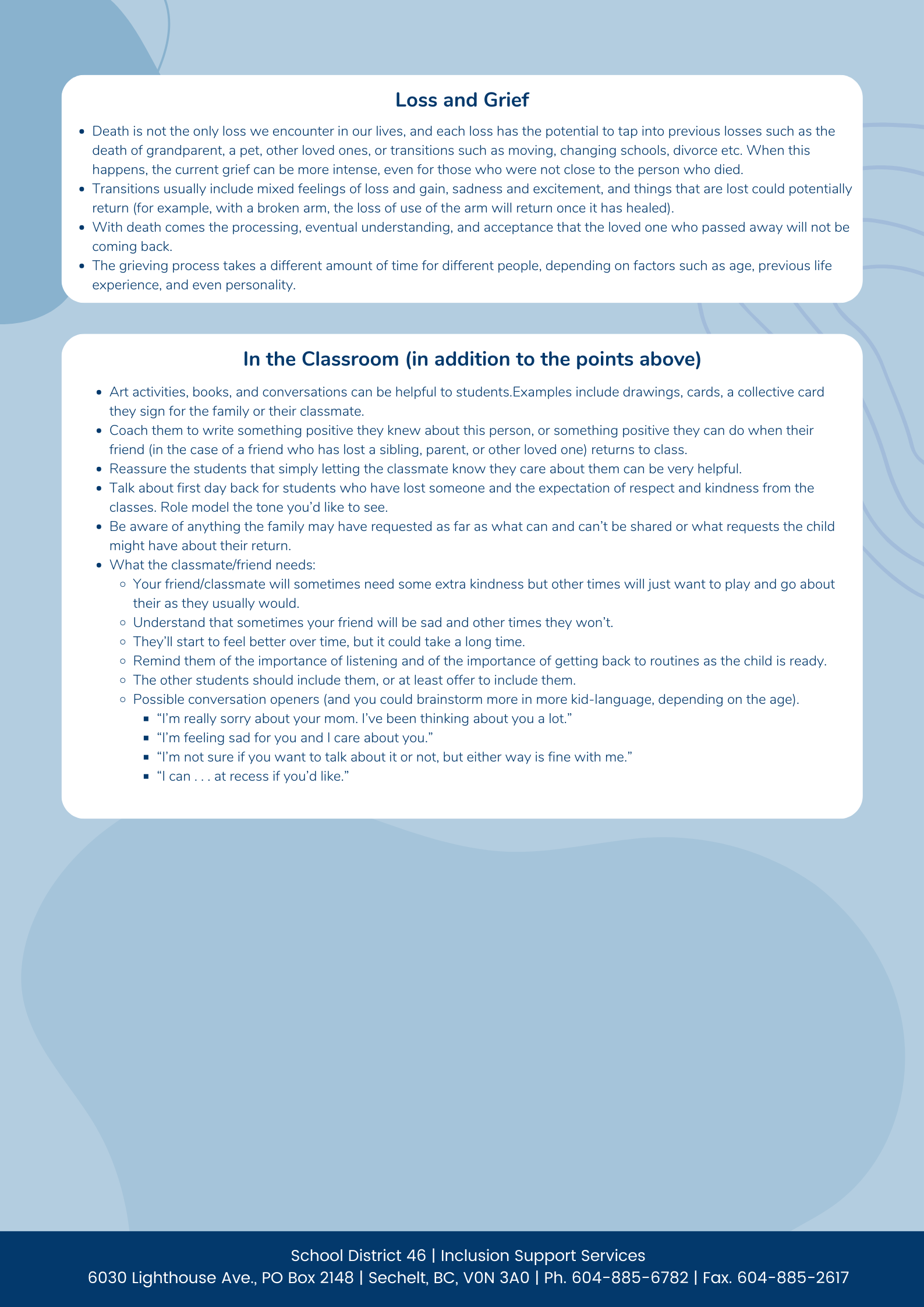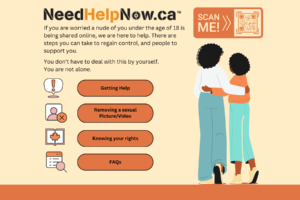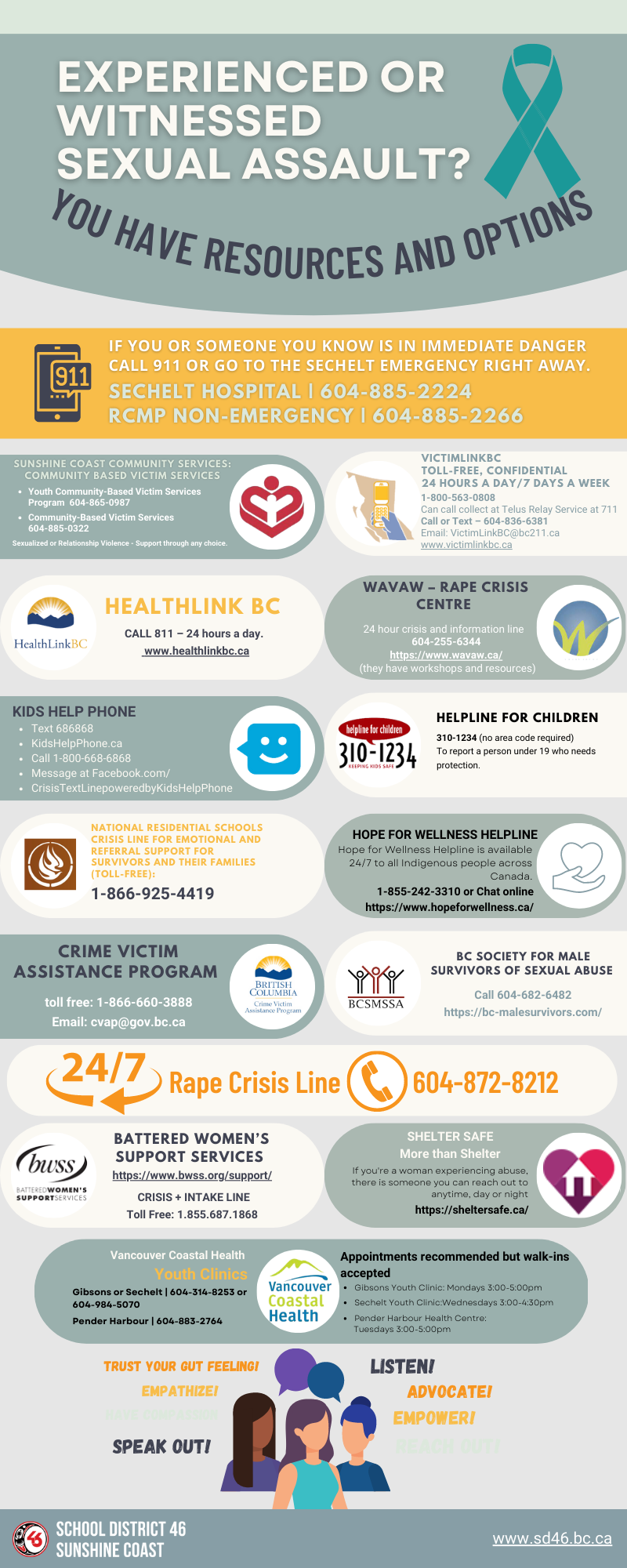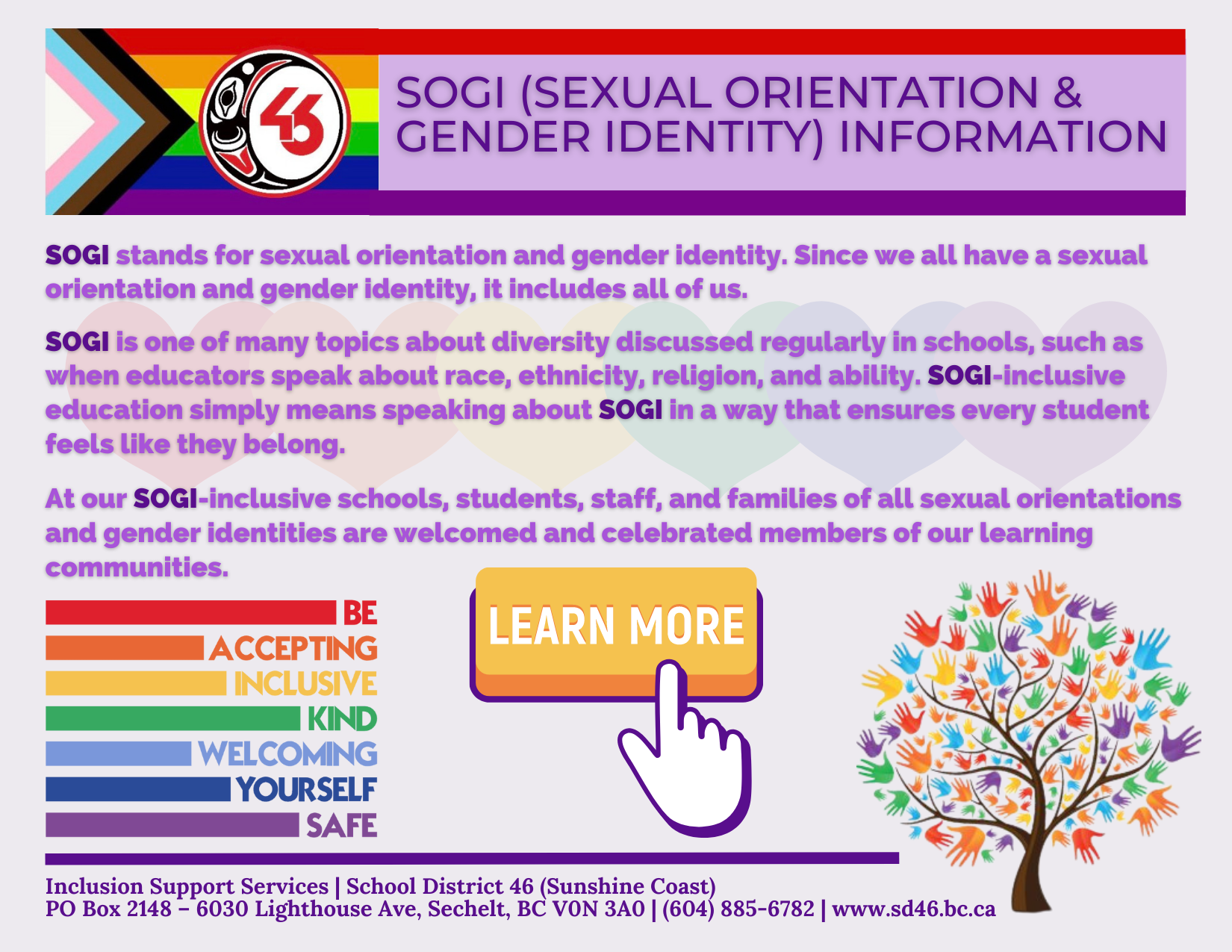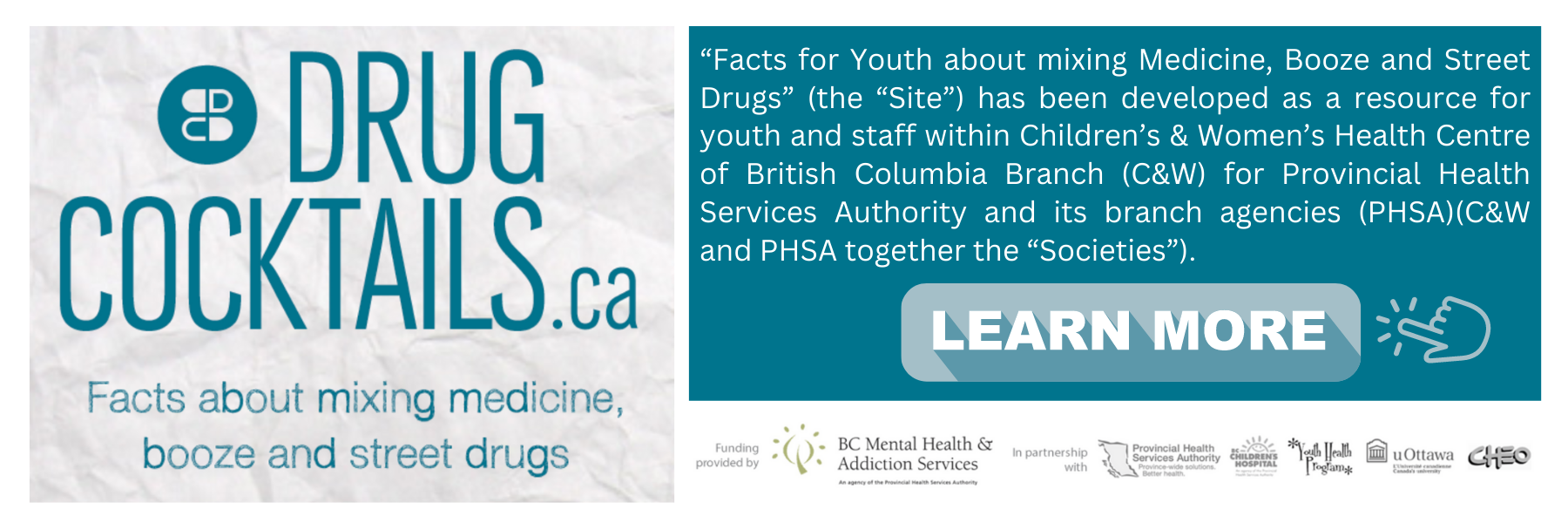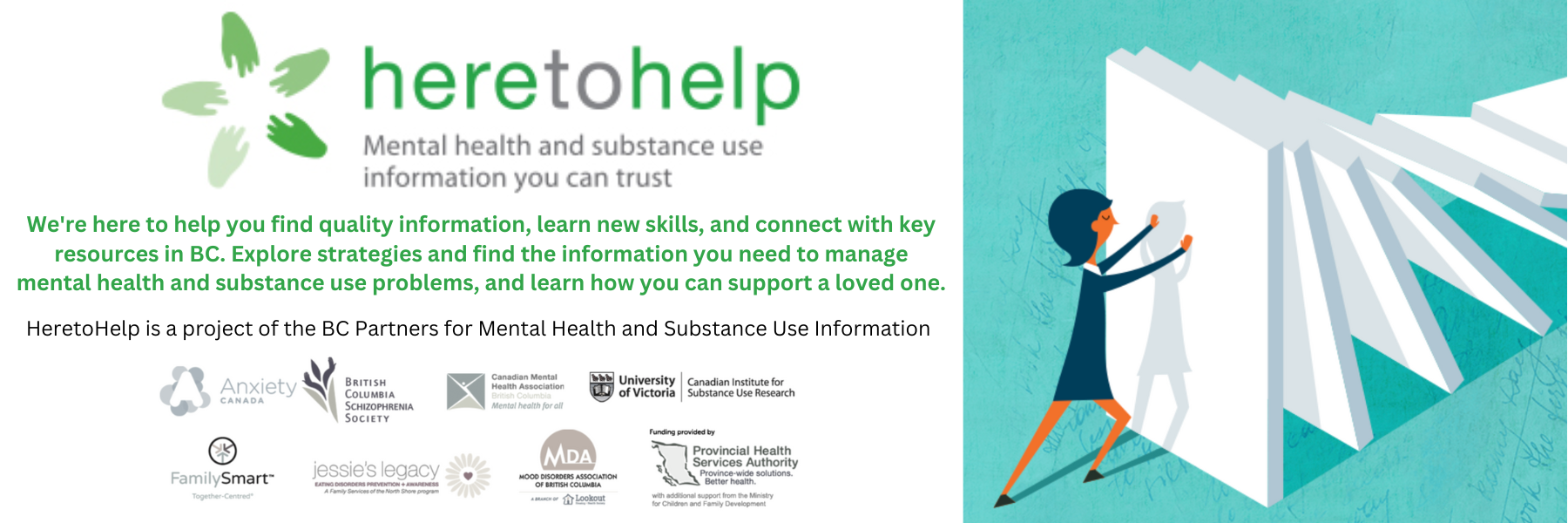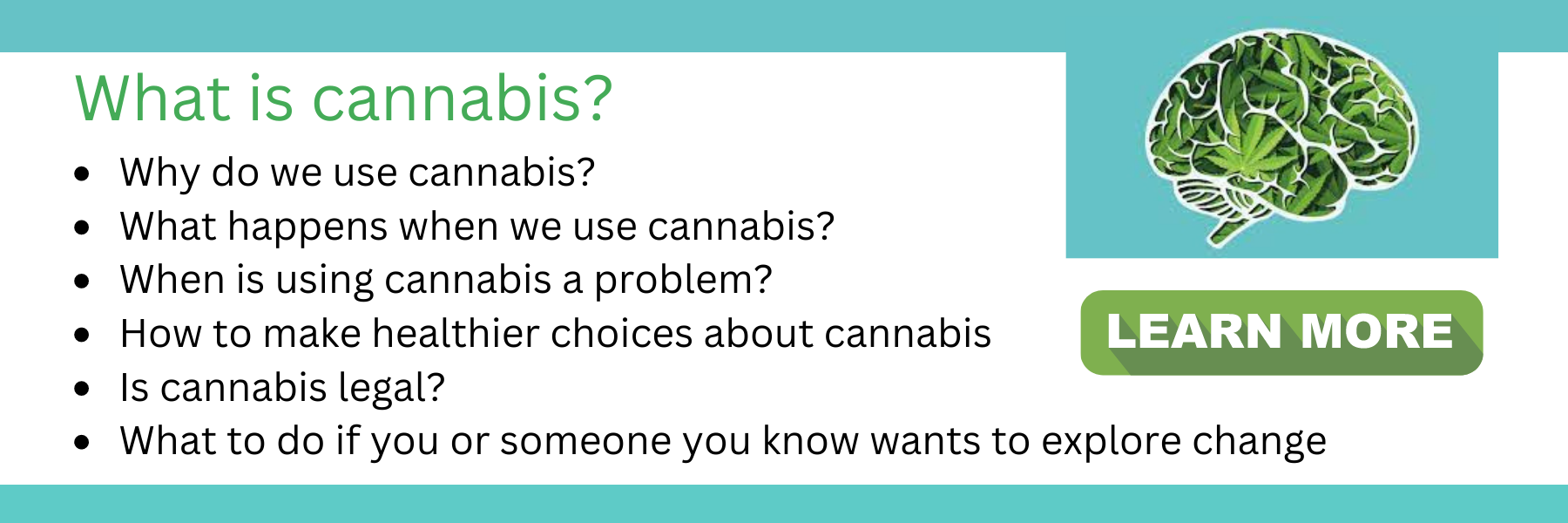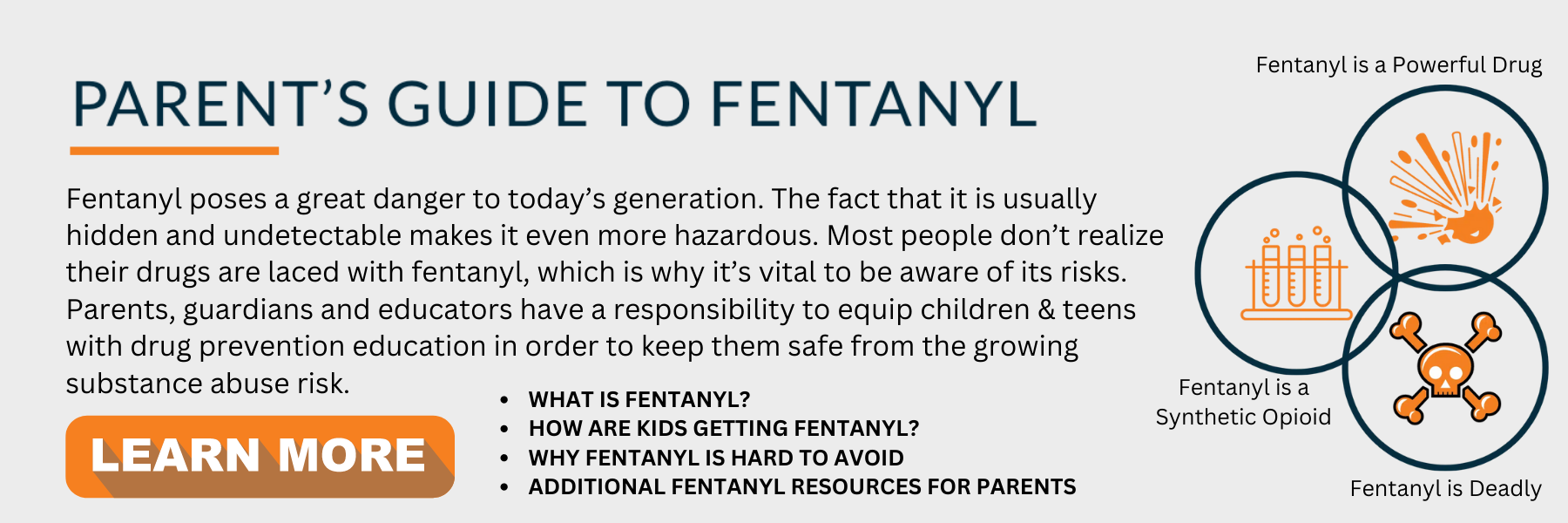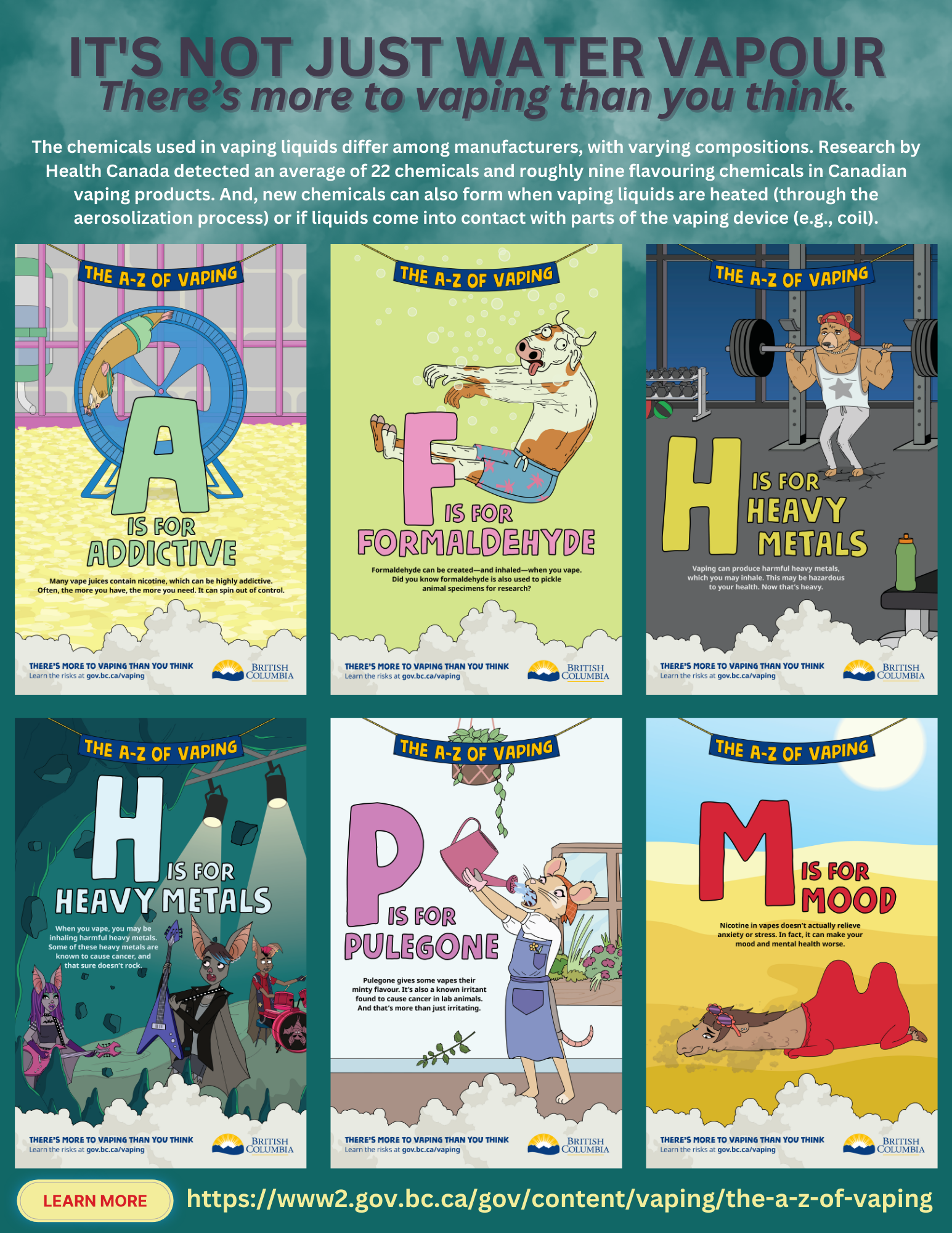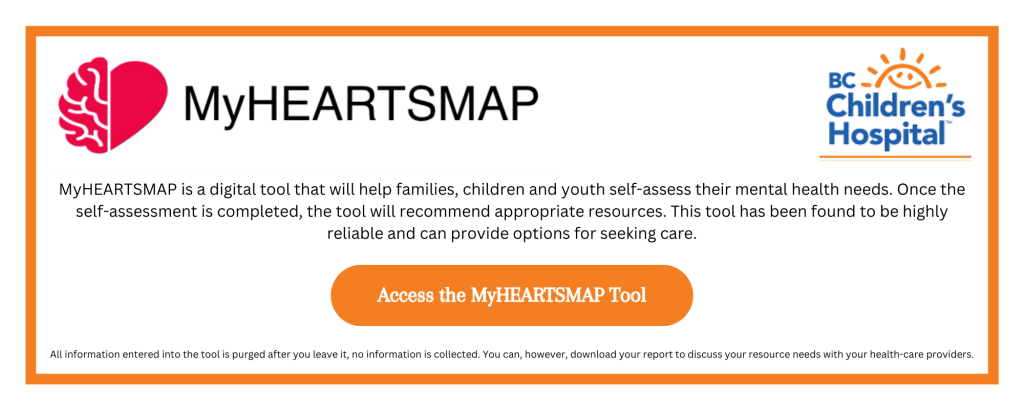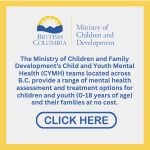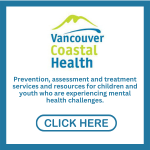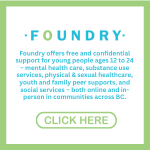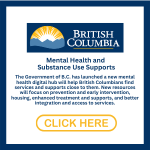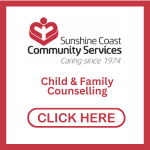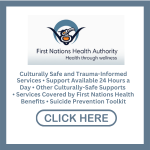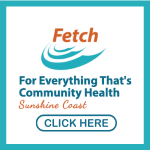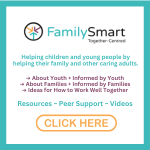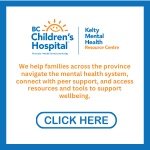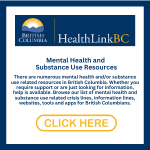
Welcome to the Sunshine Coast Child and Youth Mental Health & Substance Use Resource Hub.
As part of our collaborative Sunshine Coast network, the district is committed to providing mental health and substance use resources for students, parents/guardians, and our school & community personnel.
We encourage you to explore the resources listed below which include several links to in-person, online, virtual and telephone supports.

Anxiety is a prevalent mental health issue affecting approximately one in five children and adolescents throughout their lives. Often manifesting in two extremes, it can cause some children to withdraw and remain unnoticed, while others may act out, mistakenly being labeled as disruptive or inattentive. This complex condition, which includes various forms of anxiety disorders such as generalized anxiety disorder, panic disorder, and social anxiety disorder, can significantly hinder a young person’s educational achievements, social interactions, and overall quality of life if left untreated. As guardians of our youth’s mental health, parents and educators play a crucial role in identifying signs of anxiety, ranging from physical symptoms like stomach aches to emotional behaviour such as intense worry or irritability. Recognizing these signs early and fostering an environment of support and connection is pivotal in helping our children manage anxiety effectively. This ensures they do not have to face their fears alone, providing them with the necessary tools to build resilience and thrive in challenging situations.
Anxiety and mental health resources and tools:
- Anxiety Canada
- BC Centre for Mindfulness
- BC Children’s Hospital Mental Health and Substance Use Services
- Centre for Addiction and Mental Health
- Child and Youth Mental Health (CYMH)
- FamilySmart
- First Nations Health Authority (FNHA) Mental Health and Wellness Supports
- Foundry BC
- HelpStartsHere
- Just Breathe! Mindfulness for Adolescent Stress and Anxiety Management
- Kelty Mental Health Resource Centre
- MyHEARTSMAP Mental Health Self-assessment Tool
My Anxiety Plan (MAP) for Children and Teens
My Anxiety Plan (MAP) is an anxiety management program based on cognitive-behavioural therapy (CBT). CBT is an evidence-based psychological treatment that was developed through decades of scientific research and has been shown to be one of the most effective treatments for anxiety problems. MAP is a resource for parents and caregivers to “coach” anxious children or teens using practical strategies and tools to manage anxiety. MAP includes 6 units with 46 lessons.
Learn more here: https://maps.anxietycanada.com/courses/anxiety-plan-children-teens/
Fight Flight Freeze – A Guide to Anxiety for Kids
Fight Flight Freeze – A Guide for Anxiety in Teens
Everyday Anxiety Strategies for parents/ caregivers is a collection of evidence-informed lessons for teaching K–7 children effective anxiety management skills.
https://healthymindsbc.gov.bc.ca/ease-at-home-k-7/
Breathr App
Developed by the BC Children’s Kelty Mental Health Resource Centre and BC Children’s Centre for Mindfulness, along with young people, this free app provides ways to get started with mindfulness.
Breathr provides opportunities for youth and young adults to try a variety of mindfulness practices, from guided meditations to simple practices that can be used anywhere.
It also teaches interesting facts about the brain science behind those practices. For example, did you know that regularly practicing mindfulness can improve your relationships and connection with others? Or that it has been shown to change parts of the brain that improve memory and reduce stress?
What is it?
Depression, also known as clinical or major depression, is a mood disorder that will affect one in eight Canadians at some point in their lives. It changes the way people feel, leaving them with mental and physical symptoms for long periods of time. It can look quite different from person to person. Depression can be triggered by a life event such as the loss of a job, the end of a relationship or the loss of a loved one, or other life stresses like a major deadline, moving to a new city, or having a baby. Sometimes it seems not to be triggered by anything at all. One of the most important things to remember about depression is that people who have it can’t just “snap out of it” or make it go away. It’s a real illness and the leading cause of suicide.
Who does it affect?
Depression can affect anybody; young or old, rich or poor, man or woman. While depression can affect anyone, at any time, it does seem to strike most often when a person is going through changes. Changes can be negative life changes such as the loss of a loved one or a job, regular life changes such as starting university or a big move, or physical changes such as hormonal changes or the onset of an illness. Because depression can be linked to change, certain groups of people are at risk more often than others:
Youth: More than a quarter of a million Canadian youth—6.5% of people between 15 and 24—experience major depression each year. Depression can be hard to recognize in youth because parents and caregivers often mistake a teen’s mood swings and irritability for normal adolescence, rather than depression. Studies have shown that gay, lesbian, bisexual or transgendered youth have higher rates of major depression.
- Substance Use: There is a direct link between depression and problem substance use. Many people who are experiencing depression turn to drugs or alcohol for comfort. Overuse of substances can actually add to depression in some people. This is because some substances like alcohol, heroin and prescription sleeping pills lower brain activity, making you feel more depressed. Even drugs that stimulate your brain like cocaine and speed can make you more depressed after other effects wear off. Other factors, like family history, trauma or other life circumstances may make a person vulnerable to both alcohol/drug problems and depression.
Introduction
An eating disorder is more than just about food. It is a type of mental illness that involves unhealthy thoughts and behaviours towards food, weight, and your body shape. Eating disorders can affect people of any age, race, gender or sexual orientation. If you have an eating disorder, you might worry so much about food that it makes it difficult to work, go to school, or enjoy time with friends.
Learn more about eating disorders – why they’re dangerous; who they affect; and other problems that can come along with them:
Online Grief Resources:
- British Columbia Bereavement Helpline | 604-738-9950 | bcbh.ca
- Supporting Youth through Grief: Learning Through Loss: https://www.learningthroughloss.org/resources
- Living Through Loss – Professional Grief Counselling: https://livingthroughloss.ca
- Canadian Alliance for Children’s Grief: https://www.grievingchildrencanada.org/index.php/resources
- Canadian Alliance for Children’s Grief – Book Recommendations: https://childrensgrieffoundation.org/book-recommendations/
- Canadian Virtual Hospice Society: kidsgrief.ca & www.youthgrief.ca
- Sunshine Coast Hospice Society: https://www.coasthospice.com
- Victoria Hospice Bereavement Program: https://victoriahospice.org/how-we-can-help/bereavement-services/
- Unicef: https://www.unicef.org/armenia/en/stories/strategies-cope-grief
- Kelty Mental Health: Grief: https://keltymentalhealth.ca/grief-and-loss
- Stigma-Free Society: Befriending Grief: https://studentmentalhealthtoolkit.com/wp-content/uploads/2022/05/DownloadableResource_BefriendingGrief.pdf
- The Grief Journey- Be Gentle with Yourself: https://studentmentalhealthtoolkit.com/wp-content/uploads/2022/05/DownloadableResource_BefriendingGrief.pdf
Culturally Safe and Trauma-Informed Services
The First Nations Health Authority and other organizations provide culturally safe and trauma-informed cultural, emotional, and mental health services to Indigenous people in BC.
- Culturally Safe and Trauma-Informed Cultural Services (FNHA info sheet)
Support Available 24 Hours a Day
Hope for Wellness Help Line offers immediate mental health counselling and crisis intervention by phone or online chat. Call toll-free 1-855-242-3310 or start a confidential chat with a counsellor at hopeforwellness.ca.
Indian Residential School Crisis Line is a national service for anyone experiencing pain or distress as a result of their residential school experience. Call toll-free 1-866-925-4419.
Kuu-Us Crisis Line Society provides crisis services for Indigenous people across BC. Adults/Elders line 250-723-4050; youth line 250-723-2040. Or call toll free 1-800-588-8717. Learn more at www.kuu-uscrisisline.com.
Métis Crisis Line is a service of Métis Nation British Columbia. Call 1-833-MétisBC (1-833-638-4722).
Other Culturally-Safe Supports
First Nations Virtual Doctor of the Day provides virtual health care and referral support for people who do not have a doctor or are unable to get an appointment. It is for all First Nations people living in BC and their family members, including family members who are not Indigenous. Doctors are available by video or phone from 8:30 a.m. to 4:30 p.m. every day. Call 1-855-344-3800 to book an appointment. Learn more at fnha.ca/virtualdoctor.
Indian Residential School Survivors Society (IRSSS) is a partner with the FNHA in providing access to counselling, cultural and emotional support services to former students of residential and day schools, and their families, regardless of status. Call toll-free 1-800-721-0066 or visit www.irsss.ca.
Tsow-Tun Le Lum Society provides confidential outreach services such as counselling, cultural supports and personal wellness programs. Call toll-free 1-888-403-3123 or visit www.tsowtunlelum.org.
Virtual Substance Use & Psychiatry Service is an FNHA service providing virtual specialist support in addictions medicine and psychiatry. This service requires a referral from a health and wellness provider who can support the individual on their journey. First Nations Virtual Doctor of the Day can provide referral support for anyone who does not have a provider who can refer them to the program.
The FNHA and other organizations provide culturally safe and trauma-informed cultural, emotional, and mental health services to Indigenous people in BC.
Services Covered by First Nations Health Benefits
Indian Residential Schools Resolution Health Support Program provides access to cultural supports and mental health counselling for former students of Indian Residential Schools. The program is available to anyone who attended a school listed in the 2006 Indian Residential School Settlement Agreement, and their family members. Call Health Benefits toll-free 1-855-550-5454 for more information.
Mental Health and Wellness Counselling in BC may be eligible for Health Benefits coverage. Many providers are registered to bill Health Benefits directly for services so clients do not have to pay out of pocket. Before booking an appointment with a counsellor, call 1-855-550-5454 or visit fnha.ca/benefits/mental-health to check if they are registered and if the service is eligible for coverage.
Missing and Murdered Indigenous Women and Girls Health Support Services is a national program administered in BC by First Nations Health Benefits. Services are available to survivors, family members and others who have been affected. Call Health Benefits toll-free 1-855-550-5454 for more information.
Indian Day Schools Health Support Services is a national program administered in BC through Health Benefits. Services are available for former students, or family members of a former student, who attended an Indian Day School. First Nations and non-First Nations individuals may be eligible for the program. Call Health Benefits toll-free 1-855-550-5454 for more information.
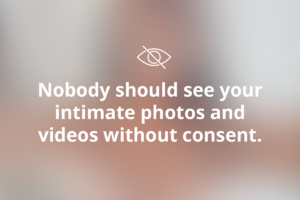
In British Columbia, it’s against the law to share or threaten to share an intimate image of someone without their consent. If the sharing or threat happened on or after March 6, 2023, you could:
- Make a claim for an intimate image protection order. This type of “take-down” order is meant to make someone delete the image, or stop them from sharing or threatening to share it. It’s a legal order that they have to follow or else they’re breaking the law.
- Make a claim for “damages”. Damages are money you want a person or company to pay for the harm their sharing or threats caused you, or to punish them. This money is payable to you.
- Make a claim for a penalty if someone doesn’t comply with an intimate image protection order. This penalty is payable to the BC government, not to you or the CRT.
If you need support and help
- The BC government’s Intimate Images Protection Service offers emotional support, general information and referrals. They may also be able to help you with the CRT process and sending intimate image protection orders. If you’re under 19, they might need you to have a parent or guardian involved when you use their services, but they won’t contact your parent or guardian without your permission. Call them toll-free at 1-833-688-4381.
- Society for Children & Youth BC offers legal support if you’re under 19 for problems related to family law, child protection, a breach of your human rights and many other legal issues. Call them toll-free at 1-877-462-0037.
- VictimLinkBC is available 24/7 for confidential, multilingual service across BC and the Yukon. Call or text them toll-free at 1-800-563-0808.
- The Community Legal Assistance Society offers free legal advice to people of any age in BC who have experienced the sharing of their intimate images without their consent or who have been threatened with having their intimate images shared. A lawyer can provide up to 3 hours of free, confidential legal advice. You’ll also be connected with other support services. This service is available until March 2025. Call them at 604-673-3143 or toll-free at 1-888-685-6222.
Sunshine Coast Youth Program (SCYP) with Sunshine Coast Mental Health and Substance Use Services
The Sunshine Coast Youth Program (SCYP) is an integrated service for youth aged 12 to 24 who have diverse and complex needs linked to persistent and substantial substance use as well as co-occurring mental health issues. The SCYP provides a family and client-centered integrated, trauma and violence-informed, harm-reduction approach to mental health and substance use across the Sunshine Coast. The SCYP aims to target both youth with high care needs who are not engaged with services as well as youth with high care needs who frequently use available services but whose needs have not been adequately served. The SCYP will respond quickly to kids who come to our service, especially those who present at the Sechelt Hospital Emergency Room with mental health and/or substance use concerns, through the Youth Hospital Liaison. (Referrals accepted via SD46 School Counsellors, family physician, Sechelt Hospital Youth Hospital Liaison, and other community care providers).
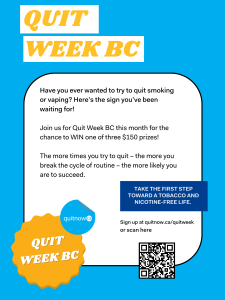
FREE support for quitting or reducing smoking and vaping is available online www.quitnow.ca, by phone 1-877-455-2233 or by text 654321. Speak to a coach today!
BC Smoking Cessation Program
Provides BC residents with 12 continuous weeks of FREE nicotine replacement therapy (NRT) including gum, patches and lozenges, every calendar year. Register at any pharmacy with a BCID card or Care Card. https://www2.gov.bc.ca/gov/content/health/health-drug-coverage/pharmacare-for-bc-residents/what-we-cover/bc-smoking-cessation-program
VGH Smoking Cessation Clinic
FREE youth friendly counselling support and education by a doctor or nurse. Learn more about products to help you stop smoking or vaping. Appointments available in-person or by virtual health: phone or video. No referral needed. Book your appointment now. Email cessationclinic@vch.ca Call: 604-875-4800 (select option 2)
Respecting Tobacco – First Nations Health Authority
The FNHA is committed to “Health through wellness” in its programs, services and initiatives. https://www.fnha.ca/wellness/wellness-and-the-first-nations-health-authority/wellness-streams/respecting-tobacco
Youth Vaping Support Pathways Infographics – Legacy for Airway Health
Do you have questions about vaping? Are you wondering how vaping might be affecting you? Learn more about the risks of vaping and connect to support and services through these two infographics. https://www.legacyairwayhealth.ca/youth-vaping-support-pathways-infographic/
“Exploring the Cloud” Grades 8-10 School Vaping Presentation (BC Lung Foundation, Vancouver Coastal Health, & Fraser Health)
A set of PowerPoint slides developed to help teachers, counsellors, health care providers, and parents present important information about vaping to youth. https://bclung.ca/exploring-the-cloud
Vaping Prevention Toolkit (BC Lung Foundation, Vancouver Coastal Health & Fraser Health) – available in multiple languages
The Toolkit’s purpose: 1) To raise awareness and increase the knowledge of educators, and 2) To help guide youth towards making informed decisions with respect to using vaping products. https://bclung.ca/how-we-can-help/vaping/vaping-prevention-toolkit
Not an Experiment (Simcoe Muskoka District Health Unit)
Looking for a fun way to reach youth and educate them on the dangers of vaping? Modeled as an escape room, this FREE game has supporting PowerPoints and educator resources. https://www.notanexperiment.ca/
Quash: Quit Smoking or Vaping App for Youth (Lung Health Foundation)
Quash is a judgment-free app to help you quit or reduce smoking or vaping —the way you want! Download free, via the App Store or Google Play, or visit https://www.quashapp.com/
Smoke Screen App (Yale Center for Health & Learning Games, USA)
Addresses the range of challenges teens face, with a focus on youth decision-making about smoking and vaping. Download free, via the App store, or visit https://www.smokescreengame.org/
Consider the Consequences of Vaping (Health Canada)
This website offers online activities and free resources such as posters, mirror clings and tip and activity sheets to help youth learn about the risks and harms of vaping. https://considertheconsequences.ca/
The Truth (Truth Initiative, USA)
This website provides facts about tobacco and the industry, engages individuals and groups to make changes in their communities, and outlines innovative ways to end tobacco use. Includes news updates, research and evaluation, prevention education, engagement and cessation tools. https://www.thetruth.com/
VCH Public Health Youth Clinics
If you’re a teen or young adult, you know that healthy choices aren’t always the easiest ones to make. Our job is to help you make good choices so you can succeed. Find youth services below designed to meet your needs. Most services are for people between the ages of 12-24.
http://www.vch.ca/public-health/children-youth-schools/youth-health

